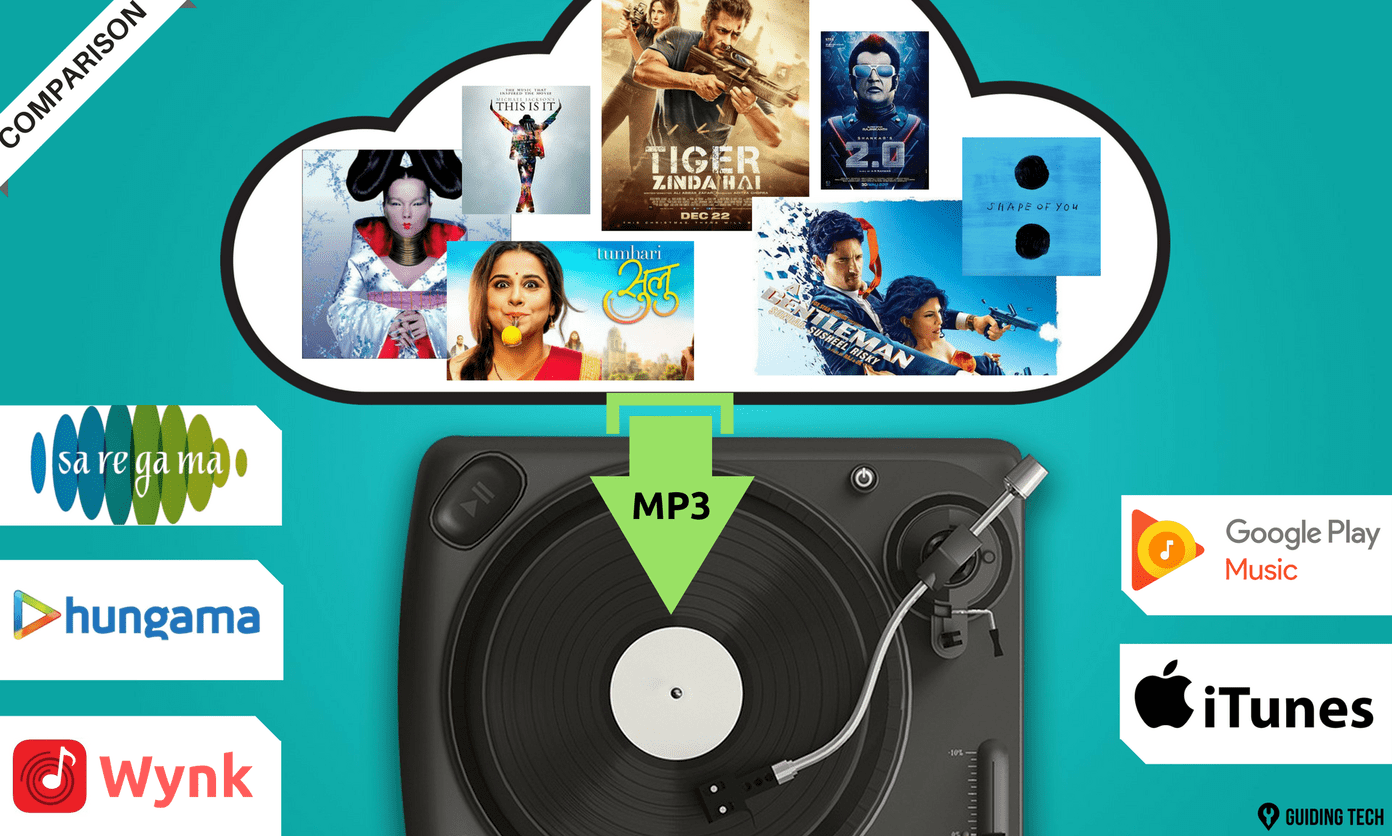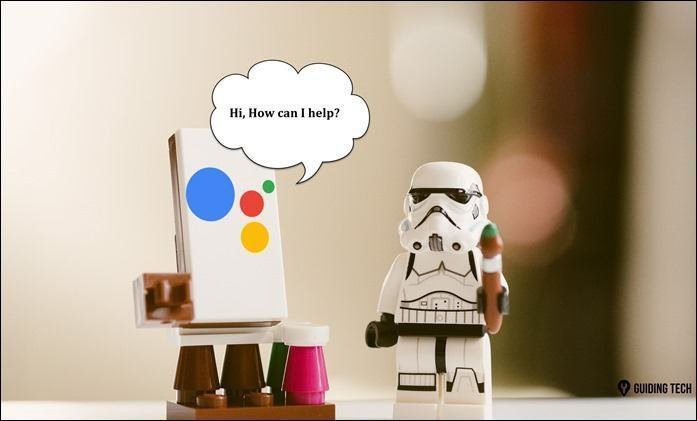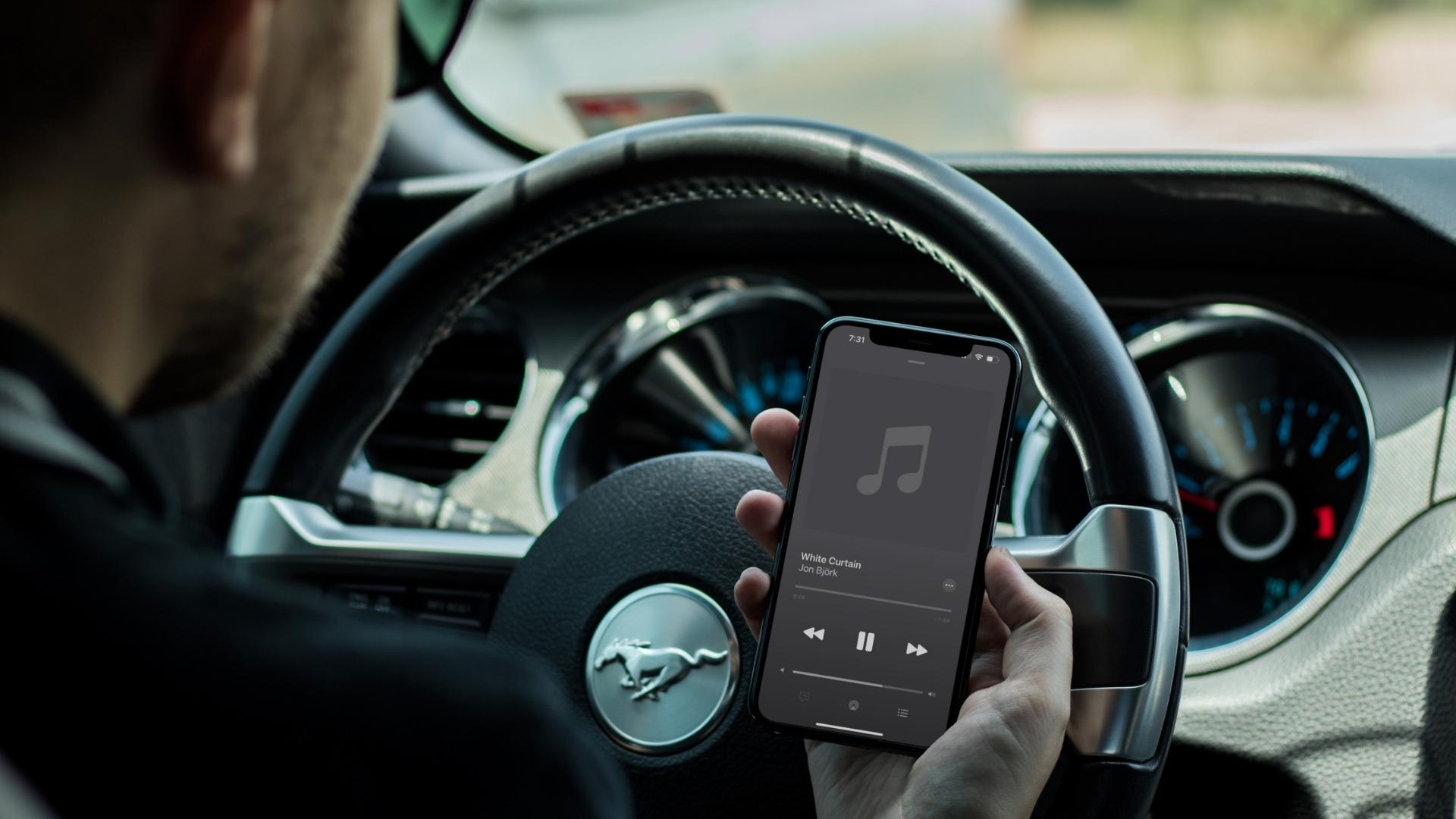Apple often faces criticism for the slow development of its iOS apps. Unlike Android, where all Google frequently updates its stock apps through the Play Store, the iOS apps only get the update treatment annually.

Both Google and Microsoft have stepped into fill the gaps here. Both have a rich portfolio of apps offering that directly rivals Apple’s approach. In the past, we have already compared built-in iOS apps with either Google’s or Microsoft’s apps and often concluded that Apple doesn’t match up to competition.
In this post, we are going to compare yet another iOS app, Apple calendar with Google’s offering. Are we going to end up with the same conclusion or did Apple pay extra attention to the calendar app? Let’s find out.
App Size
Apple Calendar is a part of the whole iOS package that comes by default on every iPhone. The entire suite takes around 13GB-14GB space on the phone. Google Calendar weights around 215MB in size.
User Interface
As you may have observed Google doesn’t follow UI guidelines set by the rival platforms. The company develops a design language and sticks to it on all platforms.


It recently unveiled Material Design 2. And it has updated both Android and iOS calendar app with the new UI rules. There is a big colorful button at the right corner of the app.


By default, the app showcases the Schedule screen with all the upcoming and current events in one screen. I have some complaints though. The app is using a hamburger menu, which is fine on the Android platform but looks out of place on iOS.
Apart from adding a new event, all the options sit uncomfortably at the top.


Apple’s Calendar adopts a white theme with red fonts and accent. The first bottom tab is Today which displays all the events in the day category. The Calendar tab lets you choose from different iCloud and device calendars. With Inbox, you can confirm and reject meeting invites.

Apple also ignored the ease in reachability and implement all the remaining options like adding a new event, search events and month calendar at the top. It’s a chore to stretch and use those options with large screen bearing iPhones.
Add a New Event
Adding a new event is as straight forward as it should be for a calendar app. Both Google and Apple give several options to choose from in the event menu.


Google calendar lets you select time, day, location, another notification on top of default one, guests, colors and so on. You can also add notes and attach a file from Google Drive, which is neat.

One can also opt to go with reminders if he wants something similar to task management service. It’s pretty basic though but works for me as the service is directly integrated into the calendar app itself.


Apple calendar gives all the above options excluding the file attachment support. In the future udpate, I would appreciate the ability to add files to an event from iCloud and other third-party cloud storage providers.
Apple doesn’t support reminders functionality in the calendar. For that, you will have to use the built-in Reminders app.
Widget Support
Both the apps support the widget functionality and it works as expected. Apple calendar shows the current and upcoming event in the widget panel.
You can tap on the little date icon to directly go to the calendar area. And a tap on the event will take you to event details.


Google calendar shows the events for today and tomorrow. Unlike Apple, you can’t tap on it to go to the calendar page. You can only select the event to see the details.
Aesthetically speaking, I found Google’s widget more appealing than Apple’s.
Unique Features
In 2015, Google acquired Timeful, a smart scheduling app. And after a year, the company added Goal functionality to the app. The aim is to let the user build a health routine, whether it’s exercise, or developing a skill or meditation.


You can select an activity and add the number of times and routine period you can commit in a week. You won’t be able to choose a particular time though. You can only select from Morning, Afternoon, and Evening.


After that, the app will find a suitable time for you and add the activity accordingly to the calendar. After adding the Goal to the app, it will ask if you want to adjust the timings.
Give it a shot. You might get habituated to complete personal goals.
Moving to Apple calendar, the app lets you add the travel time during an event.


For example, a certain meeting is due at 7.00 pm tomorrow, and the travel route will take an hour to reach there. So, you can add 1 hour travel time while adding an event and the app will automatically block the 6.00 pm to 7.00 pm time for travel.
Should You Switch?
When it comes to UI, I’m siding with Apple as it looks and feels native compared to Google calendar. Google’s offering strikes back with a built-in Reminder and Goals functionality.
Finally, if you are someone who usually switches between Android and iOS, then go with Google calendar for its excellent cross-platform availability. As it uses the same UI across devices which will make you feel right at home.
Next Up: Do you meditate a lot? Headspace and Calm are two of the best apps for meditation. Read the post below to see the detailed comparison between the two.
Last updated on 03 February, 2022
The above article may contain affiliate links which help support Guiding Tech. However, it does not affect our editorial integrity. The content remains unbiased and authentic.











